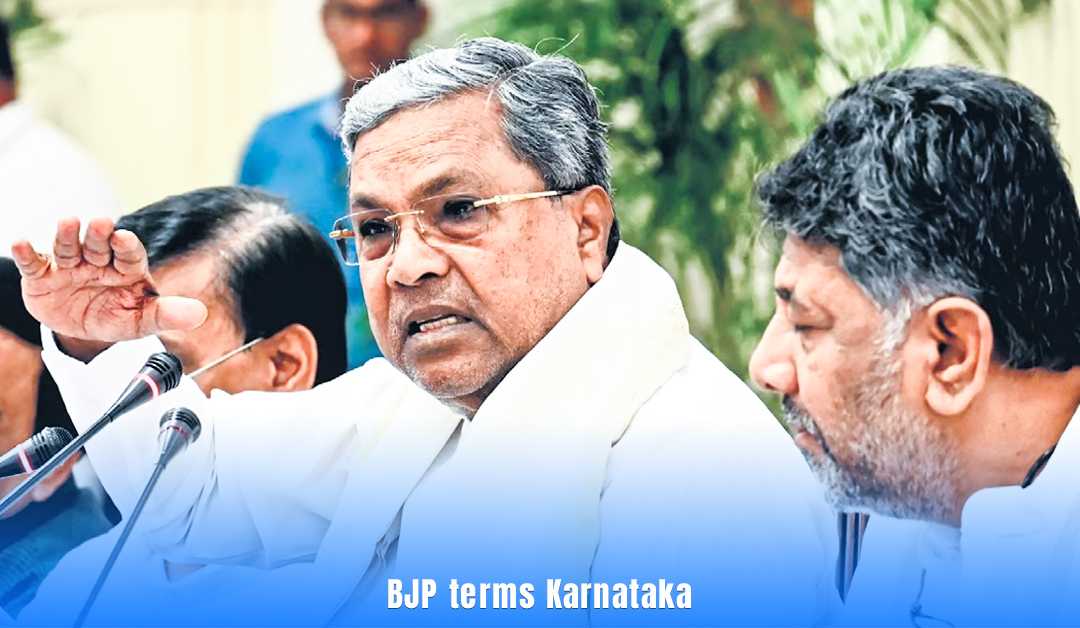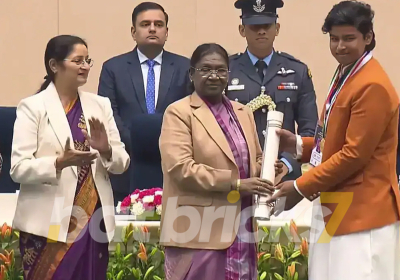BJP terms Karnataka tax on temples jizya Congress says misleading public

Karnataka Chief Minister Siddaramaiah (right) with his deputy DK Shivakumar
The BJP alleged that the Karnataka government’s move to tax temple was like jizya, imposed during Mughal-era. Chief Minister Siddaramaiah hit back at the BJP, accusing it of “misleading public” for political gains.
In Short
- Karnataka government passes bill to tax temples with revenue over Rs 1 crore
- BJP terms move 'anti-Hindu', Rajeev Chandrasekhar equates it to jizya
- Congress's Siddaramaiah says policy 'misrepresented for political gain'
A political row erupted after the Congress government in Karnataka cleared a bill which mandates the state to collect 10 per cent tax from temples with revenue over Rs 1 crore. The BJP termed the policy “anti-Hindu”, with Union Minister Rajeev Chandrasekhar hitting out at Congress MP Rahul Gandhi over the move.
Rajeev Chandrasekhar said that the Congress government’s move to tax temples was “Rahul Gandhi's version of the medieval jizya.”
“The fraud Rahul Gandhi goes on about talking about Bharat Jodo, when his government and party is doing everything, every day to create fissures, fault lines and divisions on religious, caste and language lines. This tax on Hindu temples alone (not masjids or non-Hindu places of worship) is Rahul’s version of Mughal-era jizya tax which was collected from Hindus alone,” Chandrasekhar said.
He alleged, “Looting by contractors was not enough, now the Congress ruling family is ready to swallow the money of Hindu devotees of Hindu temples.”
Meanwhile, Chief Minister Siddaramaiah said that the allegations about the Karnataka government's amendments to the Hindu Religious Institutions and Charitable Endowment Bill are being “misrepresented for political gain”.
He clarified that the recent amendment aims to increase the common pool fund. Previously, contributions came from specific income brackets; now, it's based on higher income thresholds to enhance the fund.
“After the amendment, the contributions to the fund will come from (i) ten percent of the net income of institutions whose gross annual income exceeds one crore rupees; (ii) five percent of the net income of institutions whose gross annual income exceeds ten lakhs rupees but does not exceed one crore rupees; and (iii) grants received from the State Government,” Siddaramaiah said.
He further clarified that the common pool fund is dedicated solely to Hindu religious purposes, ensuring temple funds benefit the Hindu community, contrary to claims of misallocation or unfair taxes.
Siddaramaiah hit back at the BJP, accusing it of “misleading public” for political gains.





